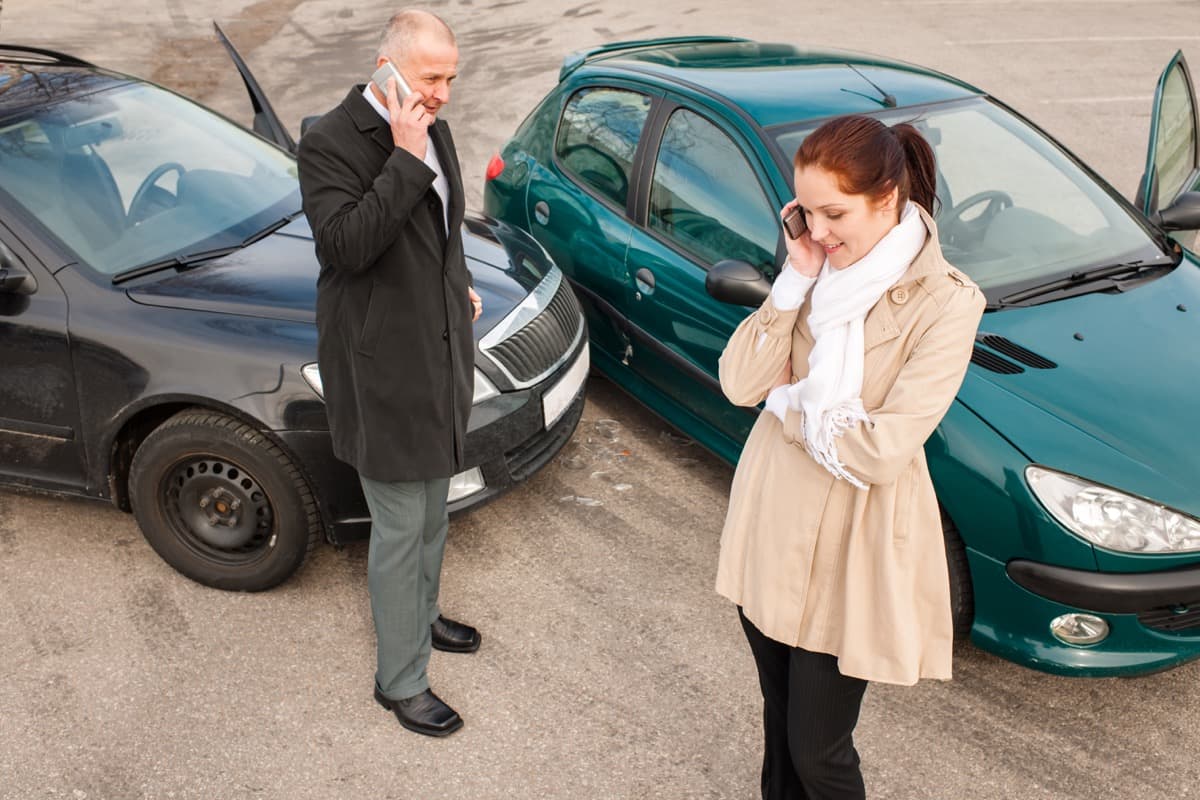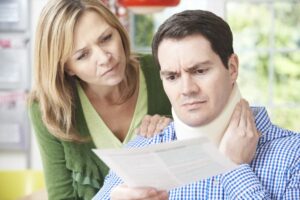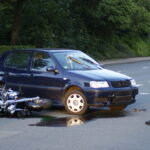Not to bum you out or anything here but in your life, chances are you will, at one point or other, get into a car accident.
If that day comes (and we hope it doesn’t), the best advice we can give is that you keep calm despite the fact that it’s a highly stressful situation that might cause you to act impulsively.
Keep in mind that what you do in the first few moments after an accident may help or destroy your case. So, with that in mind, here are some tips on how to report a car accident in the most effective way.
Stop and Stay Calm
Once you realize that you are involved in an accident, stop! Then turn your hazard lights on. That will help to warn other motorists and keep them – and you – safe.
Note that it is a serious offense to fail to stop after you’ve been in an accident. Don’t complicate matters and make it worse for yourself by driving off. You will be prosecuted if you do so.
If the other party involved in the accident drives off, make sure that you notify the police immediately.
The Actual Reporting Of an Accident
- Check yourself for injuries. You also need to check whether any of your passengers have been injured
- If there are injuries, call the emergency services immediately. You can also request help from anyone around who is willing and able.
- If possible, drive to the side of the road
- Call 911
- Take note of the names of the responding officers once they arrive; if possible.
- Request a copy of the accident report (you’ll want this for yourself, your attorney and your insurance company)
- Do not admit fault. Doing so may be a big mistake… even if you think you’re the one at fault. The determination of fault is done by specially trained and experienced experts. Admitting fault at the scene of the accident could lead to your losing out on compensation that could have been duly yours.
- Call an accident attorney before you contact your insurance company
- Take note of the weather and the conditions of the road.
- Take note of the direction of travel for all the vehicles involved in the accident.
- Check out the condition of the other vehicle or vehicles. Look out for any signs of bald tires, missing mirrors, or broken headlights.
- Take photos of the scene.
- Record the registrations of all the vehicles involved.
- Note other details such as their color and car models.
- Look out for any road signs such as pedestrian crossings, signs for speed limits and others
- Record the names of the persons involved, including their insurance
- Look out for any witnesses willing to offer their personal information in case you need their assistance.
Should you report a minor accident?
What if the accident wasn’t a “serious” one? It’s just a relatively minor fender bender and it seems like no harm was done. Should you report that kind of accident?
Well, if the accident you were involved in was a minor one with no injuries and little to no damage to the cars, it’s probably fine not to report it to the police. Once you have exchanged contacts and the details for insurance with the other party, you can go on with your business and let the insurance companies take care of things. This kind of arrangement, however, only works if the parties reach an agreement.
Also, we should note that the decision to report a car accident or not is also commonly guided by the various state laws. Some states put a cap on the cost of the damage. They require motorists to report an accident if the cost of repairing the damage exceeds a certain stated amount. So find out what your state laws on this are before deciding whether or not to file a report.








